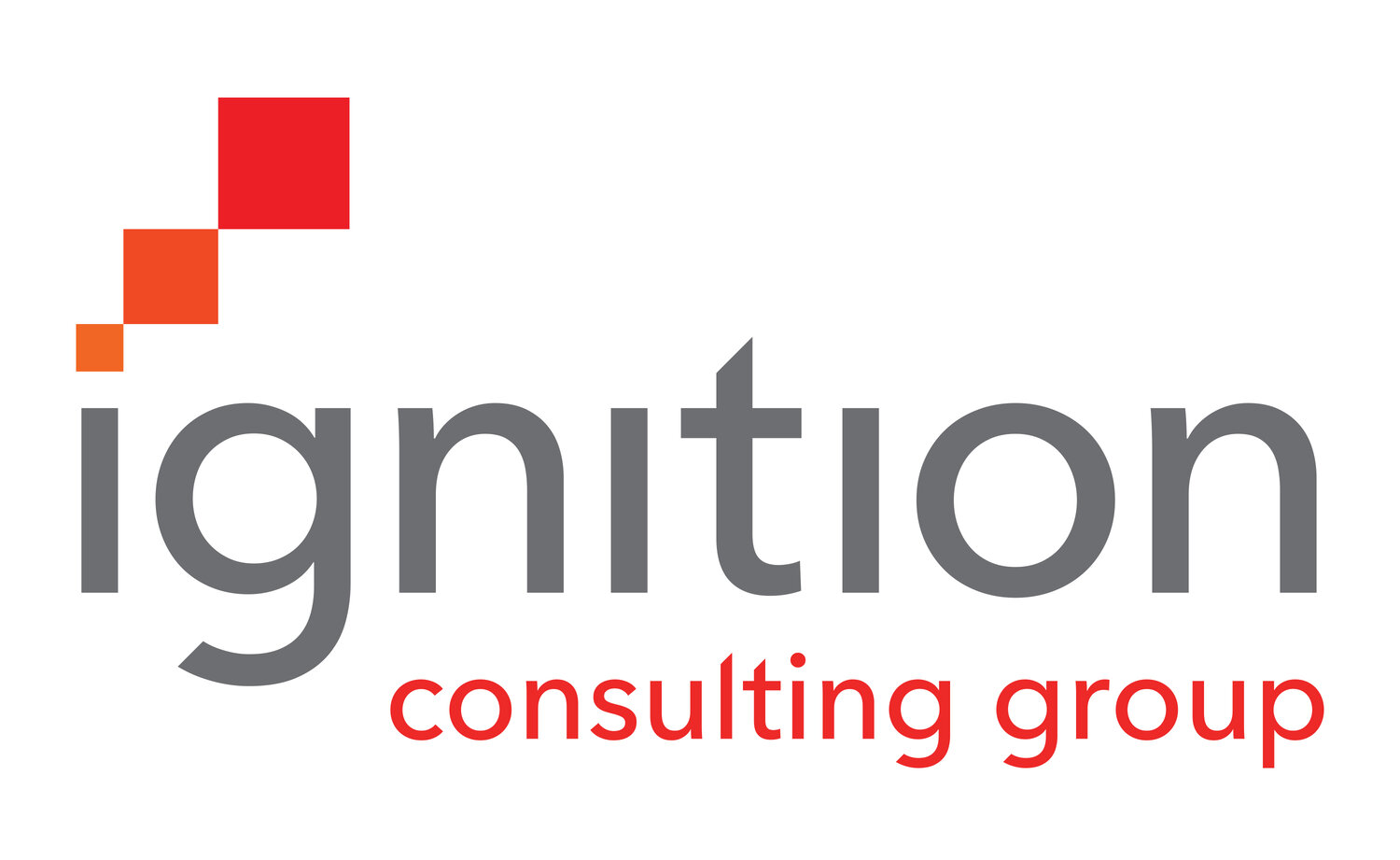Defining Success With Your Clients
By Tim Williams
It’s true that most clients want an objective outside point of view from their agency. But not until their agency has bothered to take the time to first understand the client’s expectations. Deep down inside, the thing that clients value most is an agency that listens. Not an agency that just takes orders or is afraid to say no. But an agency that is willing to make the effort to understand what the client really wants and needs from the relationship.
Most of us are pretty reluctant to take a doctor’s prescribed cure (like major surgery) unless we know he has taken the time to make a good diagnosis. Good agencies, like good doctors, listen first and dispense advice later.
It’s been said that Bill Bernbach used to carry around a little slip of paper in his jacket, which said, “Remember, the client might be right.” Judging from the quality of work he produced over the years, this philosophy served him well.
It helps to get new client relationships off on the right foot. Unfortunately, most clients and their agencies are in such a hurry to get started on hot projects that they neglect to take the time to spend a few hours discussing what each party expects from the relationship. The 90 minutes it takes up front to clarify mutual expectations will save you hours – if not days or weeks – of grief later on.
Clients want agencies to feel more accountable for results. But most agencies do a poor (or nonexistent) job of helping the client track results. That’s because they really don’t fully understand what constitutes success in the first place.
The language of success
All client companies have basic measures of business success, but this is a language that a lot of agency executives don’t really speak. In What the CEO Wants You to Know, Ram Charan argues that understanding the basic building blocks of business success will make you infinitely more valuable to a company, no matter what your role. “The most successful business leaders never lose sight of the basics,” he asserts. “Their intense focus on the fundamentals of business is, in fact, the secret to their success…they have a keen sense of how a business makes money.”
Tell your client that before jumping to Scope of Work that you’d first like to discuss the Scope of Value. Tell them you’d like to do a brief “Value Audit” as you begin your relationship or a major new assignment. This involves engaging the main client stakeholders in a discussion of the following questions:
How does your brand/company make money?
What is the profit model for the brand/company?
Who is the brand’s “best customer”; the one that likely produces most of your sales and virtually all of your profits?
Based on your profit model, which of our offerings do you most value?
What specific results do you hope our services will help you achieve?
How do you measure success today with your agency?
Ideally, how would you like to measure success?
If price wasn’t an issue, what role would you like us to play?
A valuable habit
“Seek first to understand, then to be understood,” is the second of the 7 Habits of Highly Successful People. Author and human relationships specialist Stephen Covey taught that most people do not listen with the intent to understand; they listen with the intent to reply. They’re either speaking or preparing to speak.
Clarifying expectations is high on the client’s list of what they want from agencies. In a recent study, heading the list of “Top Five Causes of Friction in Client-Agency Relationships” is “Lack of an agreed-upon set of analytics and metrics that defines success and failure.”
Invest in your own success by defining the client’s success. Dare to be one of the agencies that truly seek first to understand.


